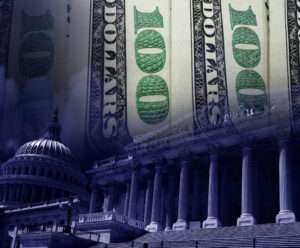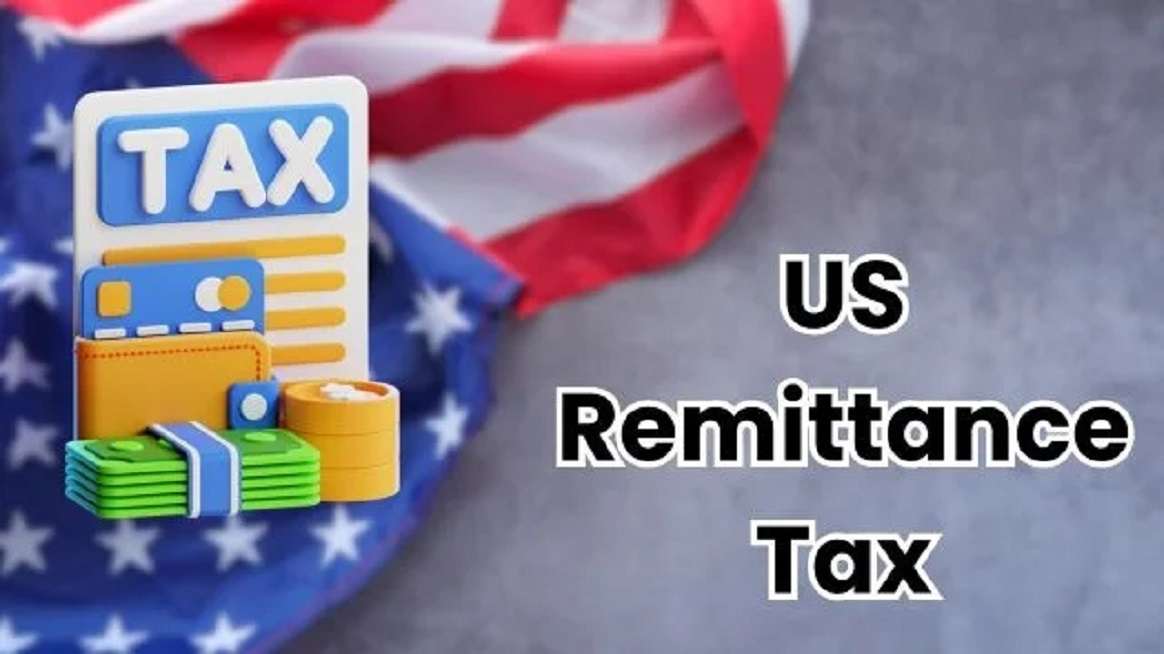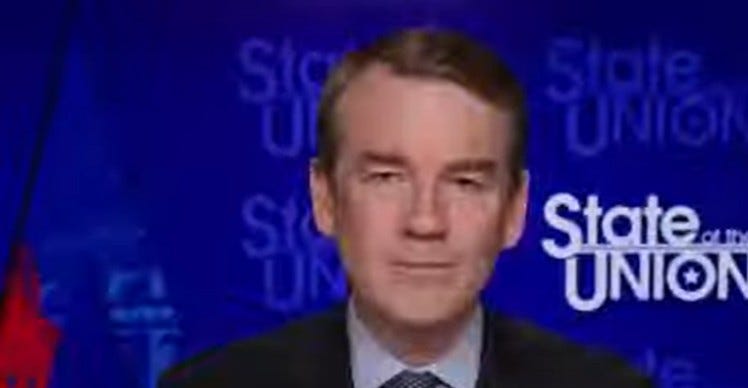If Trump can use threats over tariffs to pressure nations into opening their markets or strengthening their currencies or ordering more U.S. arms, why can't he do the same with American institutions?
 (Photo 181642336 © Zimmytws | Dreamstime.com)
(Photo 181642336 © Zimmytws | Dreamstime.com) The Trump Administration has been trying to leverage federal grants in ways that force various people and organizations to give up their constitutional rights or submit to constraints that go beyond the constitutional authority of the federal government. A standard response to criticisms of such policies that people have no right to these grants in the first place. Receiving federal grants and other government benefits, it is said, is a "privilege, not a right." Thus, the federal government can impose whatever conditions it wants on recipients. In an excellent recent Washington Post article, University of Pennsylvania law Prof. Mitchell Berman has a great explanation of why such reasoning is badly wrong:
Universities refuse to fully dismantle their DEI programs? The Trump administration withdraws billions of dollars in federal funding, and cancels visas for their foreign students. Law firms won't donate their services to causes that President Donald Trump favors? Trump cancels their lawyers' security clearances and refuses to deal with their clients. Journalists still call the Gulf of Mexico "the Gulf of Mexico"? Trump pulls their credentials for press briefings. The state of Maine allows some transgender athletes to compete on some girls' and women's sports teams? Trump threatens to cut off federal funding for its public schools.
Different targets, but one common tool: leverage. Trump uses federal funds and other government benefits to pressure individuals and institutions into exercising their constitutional rights as he prefers. This is extortionate. And therefore unconstitutional….
Because foreign nations have no constitutional rights, but American universities, lawyers, journalists and states do — rights protected by the First, Fifth, Sixth and Tenth Amendments. Trump's efforts to leverage government benefits against them violate those rights by penalizing their exercise.
When [Trump Council of Economic Advisers Chair Stephen] Miran defended high tariffs to gain concessions from trading partners, he noted that "access to the U.S. consumer market is a privilege that must be earned, not a right." The same applies to federal funding for education, research and other governmental benefits. They, too, are privileges, not rights. But it's impermissible to withhold benefits for the purpose of shaping or punishing American institutions for exercising the rights they do have — including free speech.
This is a well-established legal principle. More than 50 years ago, in Perry v. Sindermann, the Supreme Court thought it already well-established that "even though a person has no 'right' to a valuable governmental benefit … there are some reasons upon which the government may not rely" in denying that benefit. In particular, government may not deny a benefit to punish someone for exercising their constitutional rights or to pressure them into exercising their rights in the way the government dictates.
The reason is simple: "if the government could deny a benefit to a person because of his constitutionally protected speech or associations," his rights would thus be "penalized and inhibited." Because the Constitution doesn't "allow the government to 'produce a result which [it] could not command directly,'" the government cannot make the exercise of a right costly to force compliance with its agenda….
Yet that's precisely what Trump is doing. He threatens to withdraw funding from research to cure Parkinson's or Alzheimer's to punish universities for exercising their First Amendment rights to express views on American history and racial justice. He would pull school lunch funding for underprivileged kindergartners to pressure states into accepting his edicts on gender. But the Constitution prohibits this.
This is exactly right, and I have made similar points myself (albeit less eloquently), in the context of speech-based deportations of foreign students, sanctuary cities, and other issues.
I would add that Trump's use of tariffs as leverage is also unconstitutional, because he is usurping a power the Constitution granted to Congress, not the president. American businesses and consumers have a right to be free of unconstitutional taxation imposed by executive.
Berman goes on to point out that conservative judges, no less than liberal, have sought to prevent this kind of unconstitutional coercion:
Conservatives have historically been at least as vigilant as liberals in guarding against the selective granting and withholding of government benefits as a tool to pressure right-holders into exercising their rights the government's preferred way. Take the Affordable Care Act decision from more than a decade ago. The Supreme Court invalidated a portion of the act that conditioned all Medicaid funding on states' agreement to partner with the feds to provide health care to a new beneficiary class. Chief Justice John G. Roberts Jr. rightly reasoned that it was unconstitutional for Congress "to penalize States that choose not to participate in that new program by taking away their existing Medicaid funding" — even though, unquestionably, Medicaid funding is a privilege, not a right.
A quarter-century earlier, the court held that a state zoning authority could not leverage its control over land-use variances (also a privilege, not a right) to pressure a family into conveying a public easement across its private beach. To threaten to withhold permits because of how landowners exercise their property rights, Justice Antonin Scalia reasoned, was "an out-and-out plan of extortion."
He's right on this point, too! And it's great to see a prominent left-liberal legal scholar praise the much-vilified Medicaid ruling in NFIB v. Sebelius and Justice Scalia's takings jurisprudence (also oft-maligned by left-of-center academics). Neither of these precedents is a model of clarity, and I have some reservations about both myself (see here and here). But both are much better than simply letting the government do whatever it wants, thereby severely compromising constitutional rights and structural limits on federal power. More generally, people across the political spectrum have a strong interest in maintaining constitutional constraints on the use of federal benefits and grants as leverage. Even if you trust Trump to use such leverage responsibly, I bet you wouldn't trust a Democratic president to do so (and vice versa).
The post Mitchell Berman on Conditional Federal Grants and the Constitution appeared first on Reason.com.













 Bengali (Bangladesh) ·
Bengali (Bangladesh) ·  English (United States) ·
English (United States) ·